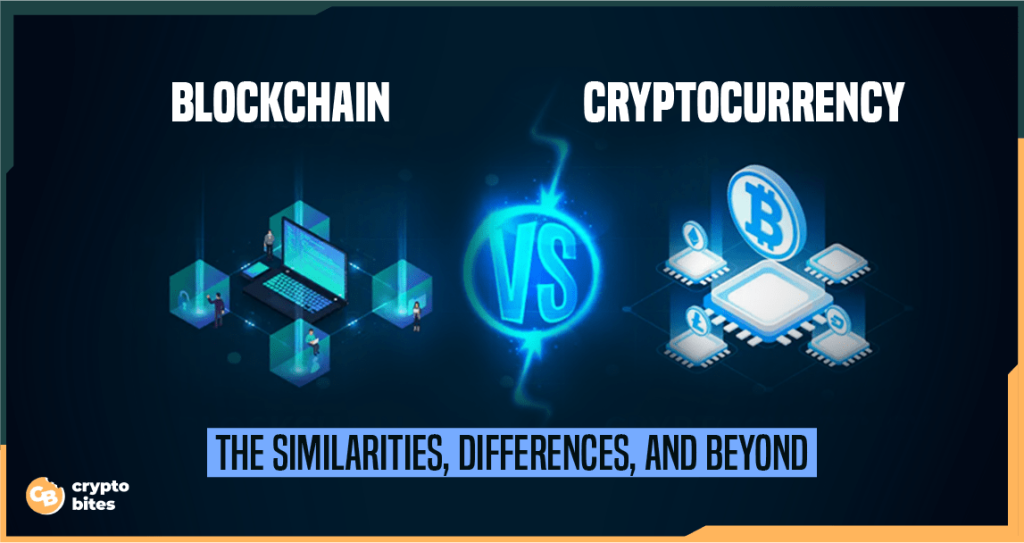Welcome to Spiritual Products | Astrology Remedies Store
cryptocurrencies all
Cryptocurrencies all
New bitcoins are added to the Bitcoin supply approximately every 10 minutes, which is the average amount of time that it takes to create a new block on the Bitcoin blockchain https://portal-credo.info/banking/visa/. By design, the number of bitcoins minted per block is reduced by 50% after every 210,000 blocks, or about once every four years.
With the number of new bitcoins issued per block decreasing by half approximately every four years, the final bitcoin (realistically the final satoshi) is not expected to be generated until 2140 (it might be earlier). The number of new bitcoins minted per block was 50 when Bitcoin was first established and has since decreased to 3.125 as of 2024—the next halving to 1.5625 is expected sometime in 2028.
The amount of crypto in a block reward varies from one blockchain to another. For example, on the Bitcoin blockchain, miners can get 3.125 BTC in block reward as of December 2024. Due to Bitcoin’s halving mechanism, the amount of BTC in a block reward decreases by half every 210,000 blocks (approximately every four years).
Are all cryptocurrencies based on blockchain
When new data is added to the network, the majority of nodes must verify and confirm the legitimacy of the new data based on permissions or economic incentives, also known as consensus mechanisms. When a consensus is reached, a new block is created and attached to the chain. All nodes are then updated to reflect the blockchain ledger.
Blockchain allows for the permanent, immutable, and transparent recording of data and transactions. This, in turn, makes it possible to exchange anything that has value, whether that’s a physical item or something more intangible.
All digital assets, including cryptocurrencies, are based on blockchain technology. Decentralized finance (DeFi) is a group of applications in cryptocurrency or blockchain designed to replace current financial intermediaries with smart contract-based services. Like blockchain, DeFi applications are decentralized, meaning that anyone who has access to an application has control over any changes or additions made to it. This means that users potentially have more direct control over their money.
Perhaps no industry stands to benefit from integrating blockchain into its business operations more than personal banking. Financial institutions only operate during business hours, usually five days a week. That means if you try to deposit a check on Friday at 6 p.m., you will likely have to wait until Monday morning to see the money in your account.
The answer is no. Blockchain, the technology underpinning Bitcoin, is more than just a public ledger of transactions. It’s a decentralized database that stores every transaction made on the network and makes it extremely difficult to tamper with any information in the system. All cryptocurrencies use blockchain, but they can also use other technologies such as a centralized ledger or elliptic curve cryptography.

Are all cryptocurrencies the same
In simple words, not all digital currencies are cryptocurrencies, but all cryptocurrencies qualify as digital currencies. It is also important to note that the intricate differences between digital currencies and cryptocurrencies are crucial for regulators, investors, and users. A deep dive into the definition of both terms can help you find the ideal foundation for comparisons between them.
The lack of decentralization in digital currencies creates issues with their transparency. The major difference between digital currency and cryptocurrency suggests that the details of digital currencies are under the control of the service providers, senders, receivers, and banking authorities. Therefore, conflicts in the domain of digital currencies require the intervention of law and bureaucracy.
Founded in 1993, The Motley Fool is a financial services company dedicated to making the world smarter, happier, and richer. The Motley Fool reaches millions of people every month through our premium investing solutions, free guidance and market analysis on Fool.com, personal finance education, top-rated podcasts, and non-profit The Motley Fool Foundation.
Digital currencies such as CBDCs have the support of the government and are subject to all the relevant financial regulations. Therefore, investors are likely to consider digital currencies as trusted financial instruments. Traditional frameworks backing the legality of digital currencies help people gain their trust.
